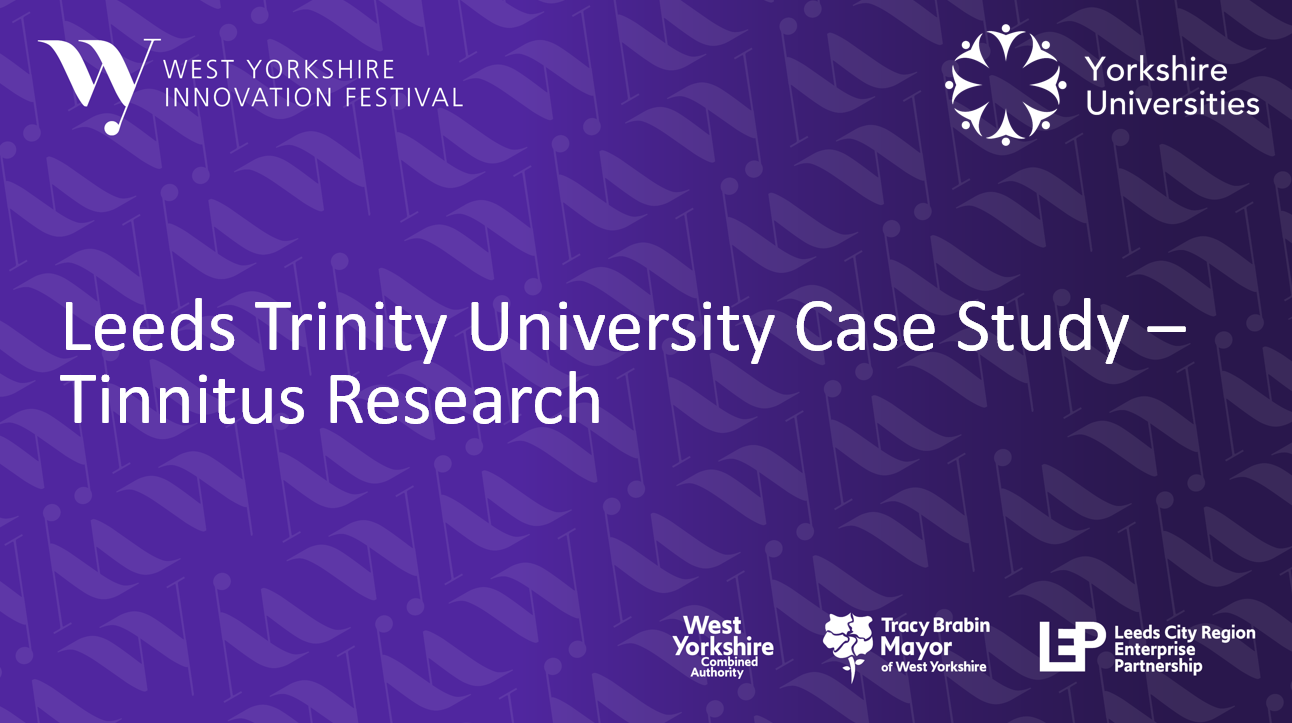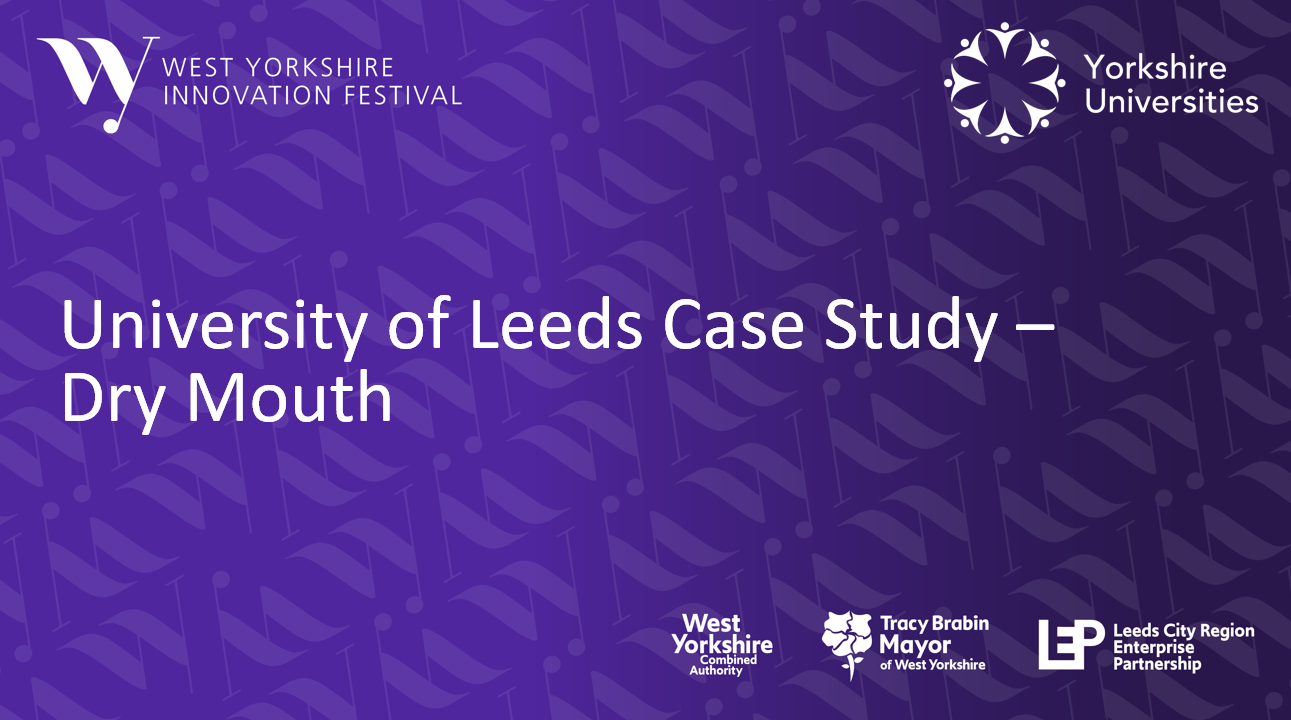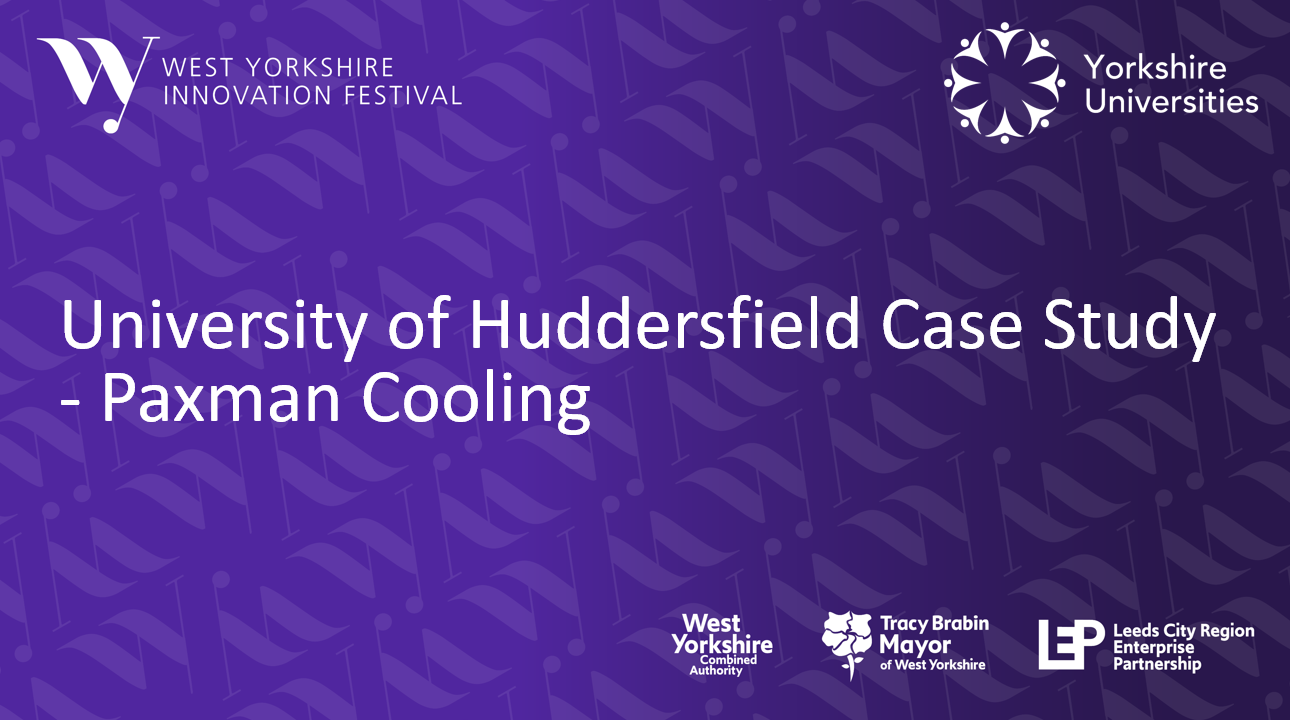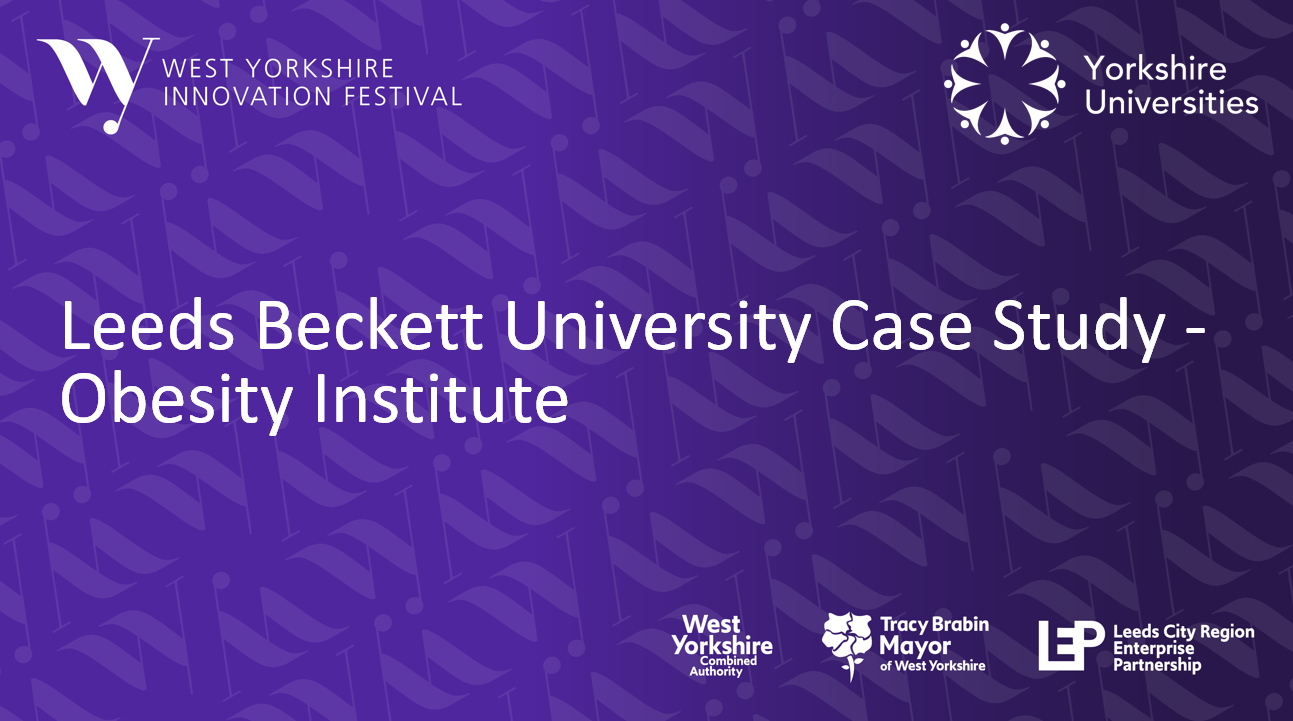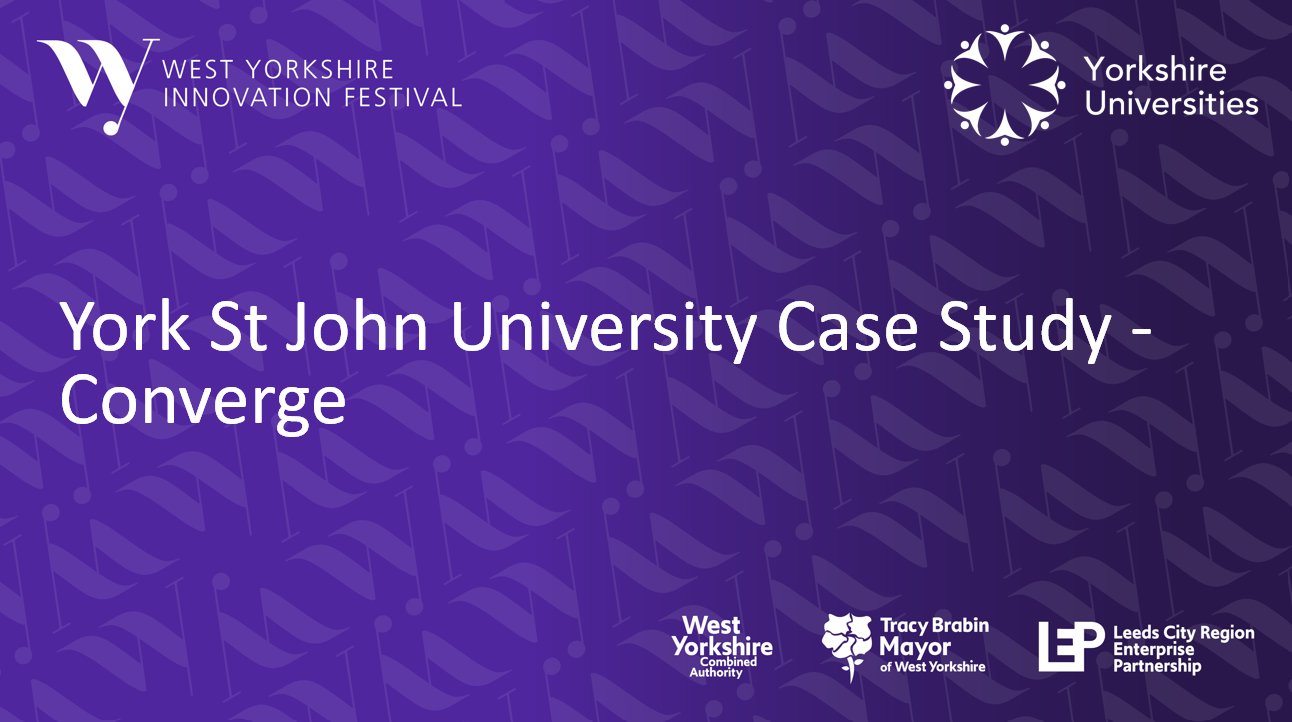How a cap on international student numbers could impact Yorkshire disproportionately
This op-ed was originally published online by the Yorkshire Post on 27 April 2024. Every year, our region welcomes thousands of international students to universities across Yorkshire. At a time when international student applications are declining as a result of changes to visa policies, it is important that we remind ourselves of how international students are …

